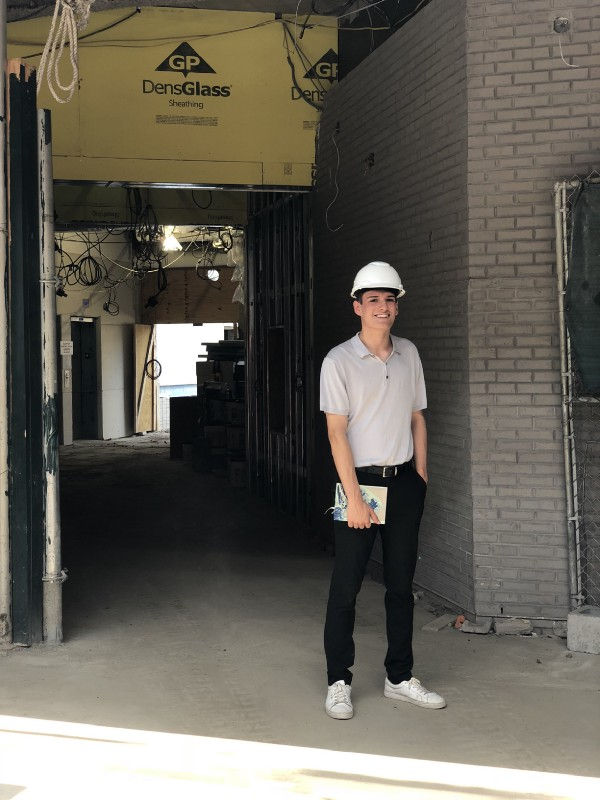Furman Poverty Student Interns in Boston
- Sep 17, 2013
- 3 min read

Morgan Hobbs, Furman University
Furman University student Morgan Hobbs helped the unemployed with job training and procurement with Career Collaborative in Boston as part of the 2013 Shepherd Internship Program. Hobbs is an economics major and a poverty studies minor in the Class of 2015.
I spent the majority of my summer in a crowded computer room overlooking the financial district of Boston, Massachusetts. Though I would love to someday work in the skyscrapers outside that office window, the primary purpose of my internship this summer was to help low-income adults navigate a challenging job market in a city with an exceptionally high cost of living. My time was dedicated to a non-profit organization called Career Collaborative (CC) whose mission is to end poverty for working-class families by empowering adults to get, keep and succeed at full-time, permanent jobs. The name of the organization speaks for itself in that the program requires a true collaboration between the clients, the interns and the staff.
The program offers three parts: a job-readiness workshop, a period of guided job-search and two years of employment assistance focused on job retention and improvement. The clients come to Career Collaborative at different stages in their lives and with various barriers to overcome. Beyond low education levels, some have minimal computer skills, others have difficulty speaking or writing in English and some struggle with a history of temporary, part-time work. With the help of their employment coaches and the team of interns, clients define goals to reach each day and are taught to “think like an employer” to make themselves attractive candidates for the jobs they seek. Some of the main goals of the program are to help clients craft impressive resumes and cover letters and learn professional skills like how to dress for an interview, behave in a workplace, network and follow up with employers.
Career Collaborative tailors the job search to individual skill sets and past experiences in hopes of finding their clients a career that they can be passionate about for years to come. Working with employment coaches, clients learn to be accountable and prepared for anything they may face in the process of looking for work. In a competitive job market like Boston, these are skills that differentiate CC’s clients from those with similar levels of education, experience and financial standing. Coaches and interns assure that clients are prepared for interviews with all of the proper forms of identification, correct paperwork, professional clothing, directions and knowledge of the company. Before clients graduate from phase one of the process, they must complete twenty practice interviews with volunteers that are brought in from surrounding Boston companies. This way, clients with few years of work experience or who are new to the U.S. are prepared for questions they may be asked in an interview and explanations they may have to give about their work history.
There is special emphasis at Career Collaborative on full-time work and job retention. For clients to access the resources that the program offers, they must be working towards full-time jobs from the beginning and they are expected to return for retention services for two years post employment. The organization believes that part-time work is not sufficient to support a family and develop a career and that their clients need help to navigate the workplace once they get a position. Often times, low-income people who find part-time work through job agencies and who receive little guidance once they become employed end up right back where they started in a few months time. CC’s retention services include one-on-one meetings with staff to allow clients to express problems they may be having with everything from child care while they are at work to problems they are having with coworkers and their bosses. Clients are encouraged to be in constant contact with their coaches about their work and family situations so that the staff can help to prevent clients from being fired for missing work or from quitting because they become overwhelmed.
As an intern, my primary responsibility was to build relationships with the clients, facilitate workshops, practice interviews and new-client orientations and help clients find job leads, apply to positions and write resumes and cover letters. My time was divided among many clients in the resource room where we filled out online applications and edited cover letters, resumes, e-mails and thank-you notes to send to employers. Working with clients one on one was extremely rewarding and I could see substantial change in the clients in just the first couple of weeks. The clients who worked hard and met their goals found success. Over the course of just eight weeks, I witnessed more than twenty clients find full-time positions and move one step closer to financial stability for themselves and their families.



